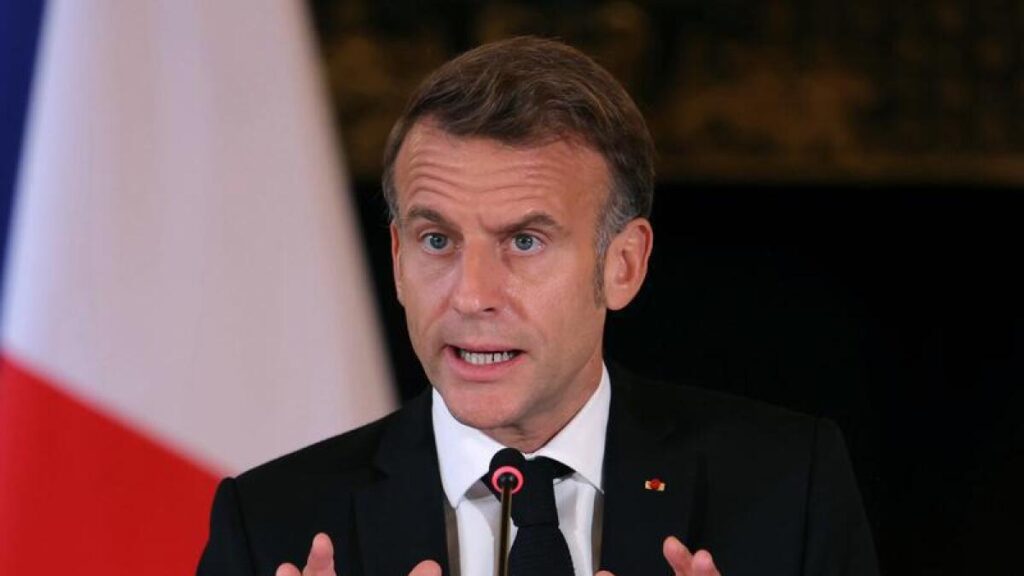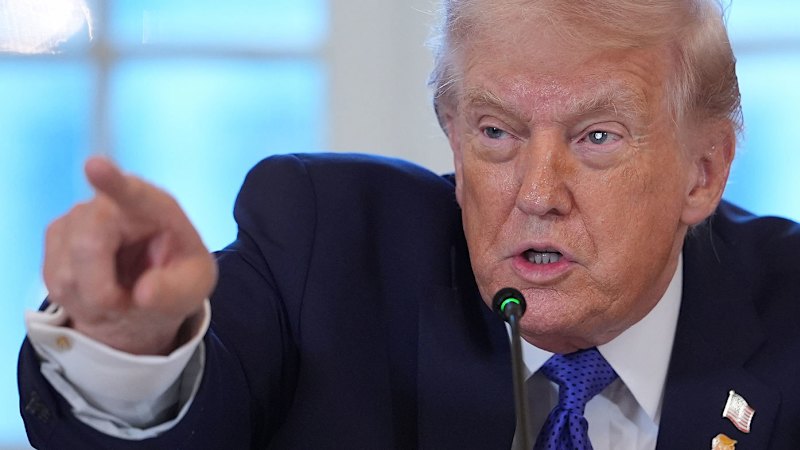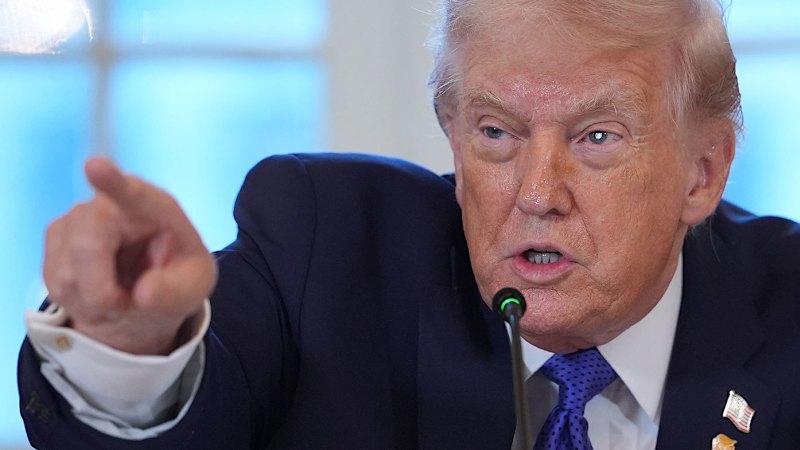
The office of French President Emmanuel Macron announced on Wednesday that he will appoint a new prime minister within the next 48 hours. This decision comes as the country faces significant political instability, following a series of leadership changes that have left Macron’s administration in a precarious position. The announcement has sparked speculation about potential candidates, including veteran centrist Jean-Louis Borloo and public auditor Pierre Moscovici.
Candidates for Prime Minister Under Scrutiny
Among those previously considered, Sébastien Lecornu, who resigned from the role just two days ago, appears to have ruled himself out of contention. In a comment to TF1 television, Green party leader Marine Tondelier referred to the possibility of Lecornu being tested for a second chance, stating, “If that’s the case, I wish him good luck.”
The impending appointment highlights the mounting pressure on Macron to stabilize his government. France, the second largest economy in the eurozone, is grappling with its deepest political crisis in decades. This turmoil has been exacerbated by Macron’s unsuccessful attempt to call for a snap election in 2024, which further weakened his minority position in the National Assembly.
Economic Impact of Political Uncertainty
The implications of this political uncertainty extend beyond governance; they are expected to have a tangible impact on the economy. François Villeroy de Galhau, the head of the French central bank, projected that the ongoing political turmoil could lead to a reduction in economic growth by approximately 0.2 percentage points of gross domestic product (GDP). Villeroy emphasized that “uncertainty is … the number one enemy of growth,” further indicating that while business sentiment is suffering, the economy remains fundamentally stable.
As the new prime minister prepares to take office, they will face critical budget negotiations for both 2024 and 2025. France is under pressure to rein in its public finances, with a budget deficit projected to reach 5.4 percent of GDP in 2025, nearly double the European Union’s cap of 3 percent. Villeroy noted that it would be preferable for the deficit to remain below 4.8 percent of GDP by 2026.
The political landscape has been turbulent, with Macron having seen three prime ministers in less than a year. Previous Prime Minister François Bayrou was ousted by the National Assembly over ambitious plans for €44 billion (approximately $78 billion) in savings aimed at reducing the deficit to 4.6 percent.
As the clock ticks down to the appointment of a new prime minister, the focus remains on how this leadership transition will influence both political stability and economic recovery in France.







